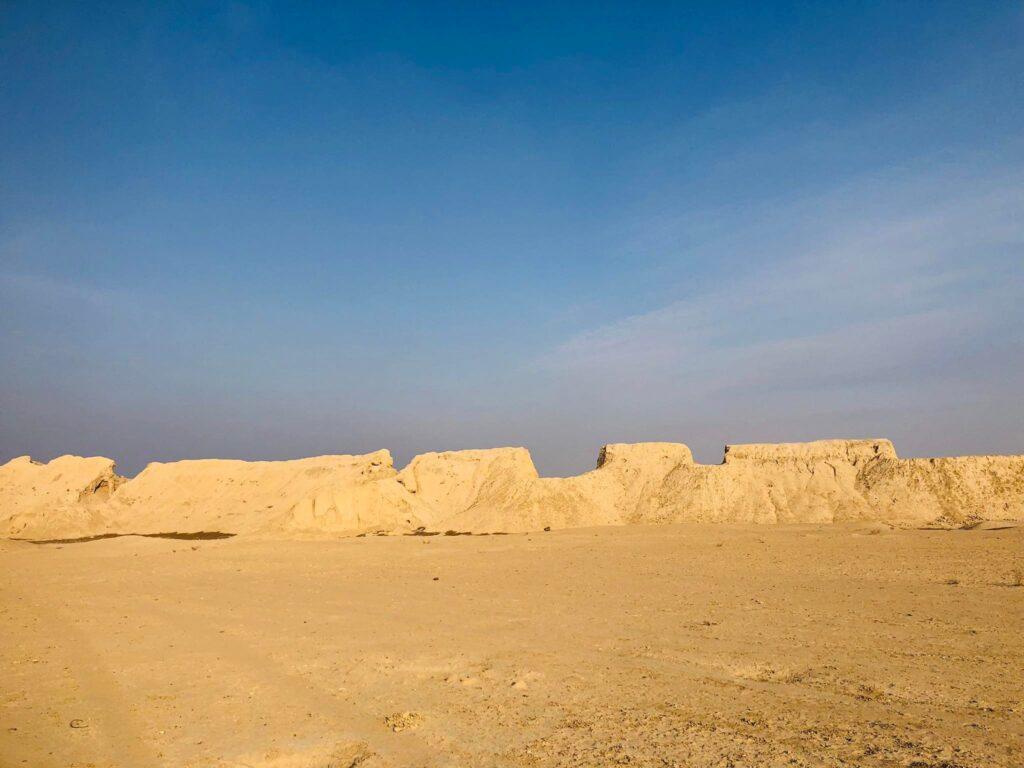MAZAR-E-SHARIF (Pajhwok): The route of Qush Tepa Canal in northern Balkh province has been changed to save the ancient ‘Kafer Kala’ fort from destruction, local officials say.
Zabihullah Aryaye, a senior official of the Information and Culture Department, told Pajhwok Afghan News the canal’s direction was changed after its digging work reached Kafer Kala area from Dawlatabad district.
He said now the excavation work was ongoing 200 meters north of Kafer Kala fort.
Meanwhile, some culturists view Kafer Kala as an essential historical monument.
Saleh Mohammad Khaliq, a culturist and writer, said Kafer Kala fort dated back to thousands of years before the emergence of Islam. It was a military headquarters in the Kushan empire.
Underlining the cultural and historical importance of the Kafer Kala fort, he added, it was located in such an ancient area which was almost ten thousand years old.
Dawlatabad officials say security in the district has been completely ensured.
Dawlatabad police chief Mullah Khairudin Rohani said security was fully ensured in the district. “Besides visiting Kafer Kala, our countrymen can go to other ancient parts of the district as well”.
The Qush Tepa canal’s route was changed after people in social media expressed concerns about the Kafer Kala’s fort destruction.
”Kafer Kala fort was constructed in the Khushan period to repel Qara Khanan’s attacks and protect it from Balkh enemies; unfortunately eastern part of the fort, particularly its walls, would be ruined with construction of Qush Tepa irrigation canal; although there is possibility of changing direction of the canal, but apparently no one has paid attention to it and an ancient area of our country is on the verge of destruction due to the Qush Tepa canal project,” Najeebullah Sajed wrote on his Facebook page.
The national canal of Qush Tepa is being built in three phases and at the present almost 50 percent excavation work of its first phase has been completed.
ja/ma








GET IN TOUCH
NEWSLETTER
SUGGEST A STORY
PAJHWOK MOBILE APP